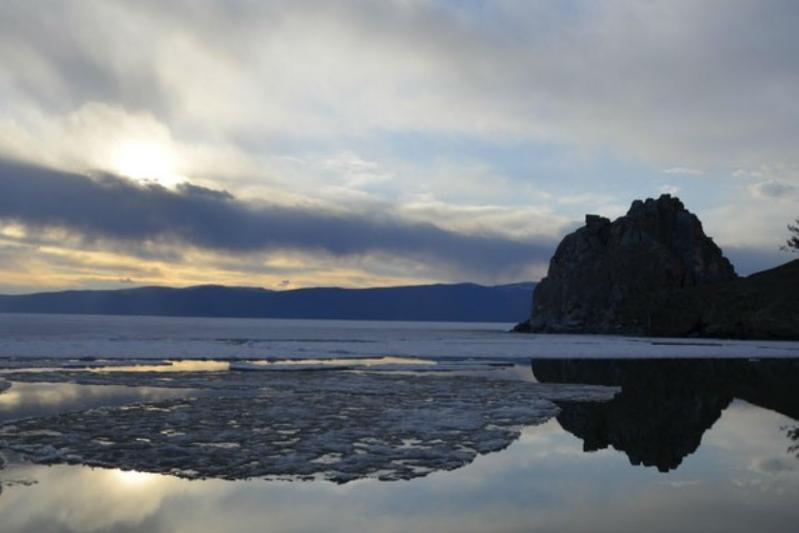- Date(s)
- December 5, 2017
- Location
- Senate Room, Lanyon Building, Queen's University Belfast
- Time
- 17:00 - 19:00
- Price
- Free
What could be the purpose and meaning of inviting survivors to talk about the crimes against humanity that they and/or their relatives were exposed to, despite the fact that some things will always remain inexpressible? All we can do is to try to hear, understand and imagine the lacuna lying at the heart of testimony. What can be conveyed, shown or proven to others is the lacuna, stemming not only from the lost lives, limbs, feelings, lands and houses, but also the unspeakable character of that loss. The only thing we can see with the help of survivors is that lacuna itself.
This lecture will give a sketch of that lacuna in light of interviews conducted with the relatives of Kurdish citizens who were extra-judicially killed, forcedly disappeared or murdered by the state or paramilitary forces in the 90s in Turkey.
The interviews have been assessed with regards to a comparative analysis between retributive and restorative justice, and a philosophical discussion on such concepts as “memory,” “mourning,” “forgiveness,” “resentment,” and “political friendship.” This assessment contributes to the literature on quest for justice and coming to terms with the past in Turkey.
Dr. Nesrin Uçarlar is an actress and part of the Executive Team of Tiyatro Medresesi, an International Research, Creation and Performance Centre in Izmir, Turkey. This lecture is based on her book entitled "Nothing In Its Right Place: Demands of Justice and Coming to Terms with the Past in the Post-conflict Period," which is part of a research project conducted by Diyarbakır Political and Social Research Institute.
The public lecture is part of an innovative and interdisciplinary research project 'Loss and the Language of Dance', led by Dr Ulrike M Vieten, Senator George J. Mitchell Institute for Global Peace, Security and Justice', Queen's University Belfast.
The research and also Dr. Uçarlar's visit to Belfast is funded by the Department for Economy (DfE) grant, Global Challenge Research Fund (GCRF).

